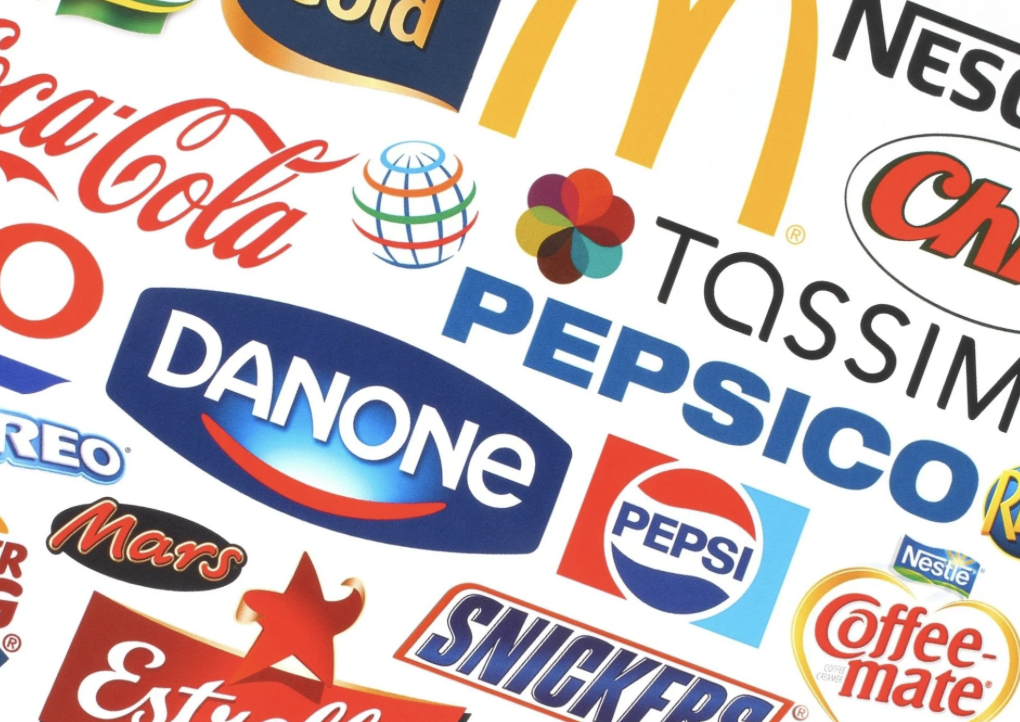In the highly competitive and dynamic food and beverage (F&B) industry, trademarks play a vital role in distinguishing products, building brand identity, and fostering consumer loyalty. A trademark—whether a logo, name, slogan, or symbol—serves as a unique identifier that sets one company’s offerings apart from another’s. Trademarks are not just legal protections; they also help shape the perception of a brand, influence purchasing decisions, and contribute to a company’s overall marketing strategy. In the F&B sector, where consumer preferences can be highly influenced by taste, quality, and brand reputation, trademarks are invaluable assets.
1. Brand Identity and Recognition
In an industry flooded with countless product choices, the ability to stand out is essential for success. Trademarks serve as the cornerstone of a food or beverage brand’s identity. They convey not only the name of the product but also the values and attributes associated with the brand. For example, a distinct logo or slogan can evoke specific emotions, associations, or memories that influence how consumers perceive a product.
Consider the way Coca-Cola's iconic red and white logo instantly conveys a sense of consistency and nostalgia, or how Starbucks’ green siren symbol is synonymous with quality coffee and a certain lifestyle. These trademarks do more than identify products; they create a relationship between the brand and the consumer, which is critical in the F&B industry where competition is fierce, and differentiation is key.
2. Legal Protection and Intellectual Property Rights
In the F&B industry, trademarks offer legal protection, ensuring that no other company can use a brand’s name, logo, or other identifying symbols without permission. This intellectual property protection helps to prevent confusion in the marketplace and safeguards the reputation of the brand. For example, a trademark can protect a company from counterfeit products that might attempt to capitalize on the brand’s reputation or undermine its quality standards.
The legal aspect of trademarks also helps to reduce the risks associated with brand imitation or dilution. In an environment where consumers often rely on brand names to make quick purchase decisions, the use of a similar logo or name by a competitor could lead to consumer confusion or loss of market share. Trademarks allow businesses to protect their unique identity and prevent others from capitalizing on their brand recognition.

3. Building Consumer Trust and Loyalty
Trademarks play an important role in fostering consumer trust and loyalty. A well-established trademark acts as a guarantee of consistent quality and a promise that the consumer can rely on the brand for a particular experience. For instance, if a consumer consistently enjoys the taste of a certain brand of snacks, they are likely to seek that brand out again based on their past positive experiences. Over time, as consumers repeatedly choose the same brand, the trademark becomes a symbol of trust.
This relationship is particularly crucial in the food and beverage sector, where safety, quality, and taste are paramount. For example, companies like Nestlé, Kellogg’s, and McDonald's have successfully used their trademarks to build consumer loyalty, knowing that people associate their brand with a certain level of consistency in terms of product taste and experience.
4. Marketing and Consumer Perception
In the F&B industry, effective marketing is essential for creating brand awareness and driving sales. Trademarks are an essential tool in marketing strategies, as they help to communicate the brand's personality, values, and promises to consumers. Trademarks are often leveraged in advertising campaigns, packaging, and even the in-store experience.
For example, the "Just Do It" slogan from Nike or McDonald's "I'm Lovin’ It" tagline transcends the physical products and taps into the emotional drivers behind consumer behavior. Such marketing strategies can significantly influence consumer decision-making, making trademarks indispensable in positioning products within the minds of consumers.
Trademarks can also differentiate a product in a crowded market, which is especially important in the F&B sector where new products are constantly being introduced. When a brand already has strong trademark recognition, new products under that same brand can benefit from the goodwill associated with the established name.
5. Global Reach and Expansion
As the food and beverage industry becomes increasingly global, trademarks help facilitate the expansion of brands into new markets. A trademark registered in one country provides legal protection in that jurisdiction, which is crucial for businesses looking to expand internationally. Whether through franchising, licensing, or direct distribution, having a trademark that is protected in multiple countries ensures that a company’s intellectual property is safeguarded as they enter new markets.
For example, fast food chains like KFC and Subway have been able to maintain consistency in branding while expanding across the world. Their trademarks are instantly recognizable, and they rely on the strength of their brand identity to communicate their values and product offerings to local consumers in diverse cultural settings.
6. Quality Control and Product Integrity
In the F&B industry, where products are consumed directly, maintaining high-quality standards is crucial. Trademarks not only serve as a mark of identity but also as a form of assurance regarding the integrity of the product. A reputable trademark can signify that the product has met certain quality standards, which can be especially important in food safety, nutrition, and taste.
Trademarks also help to build and maintain a company’s reputation. When a brand consistently delivers on its promise of quality, the trademark becomes synonymous with reliability. Conversely, if a brand experiences a product recall or a quality issue, the trademark will often be the focal point of consumer concern, underscoring how closely a brand’s reputation is tied to its trademark.
7. Trademark Infringement and Enforcement
While trademarks provide valuable protection, they also require diligent enforcement. In the F&B sector, where brand recognition is a significant asset, counterfeit or copycat products can cause harm to a company’s reputation and consumer trust. Companies must actively monitor the marketplace to identify any potential infringement on their trademarks and take legal action when necessary. Whether through cease-and-desist letters, lawsuits, or other enforcement measures, protecting one’s trademark from unauthorized use is essential for maintaining the brand’s value and consumer trust.
Conclusion
In the food and beverage industry, trademarks are not just symbols; they are vital tools that help businesses establish their identity, build consumer trust, and protect their intellectual property. With their ability to influence consumer purchasing behavior, differentiate products in a crowded marketplace, and provide legal protection against counterfeiting and infringement, trademarks are an indispensable asset for companies seeking long-term success. As the global food and beverage market continues to evolve, the role of trademarks will remain pivotal in ensuring that brands retain their competitive edge and continue to foster strong relationships with their customers.
